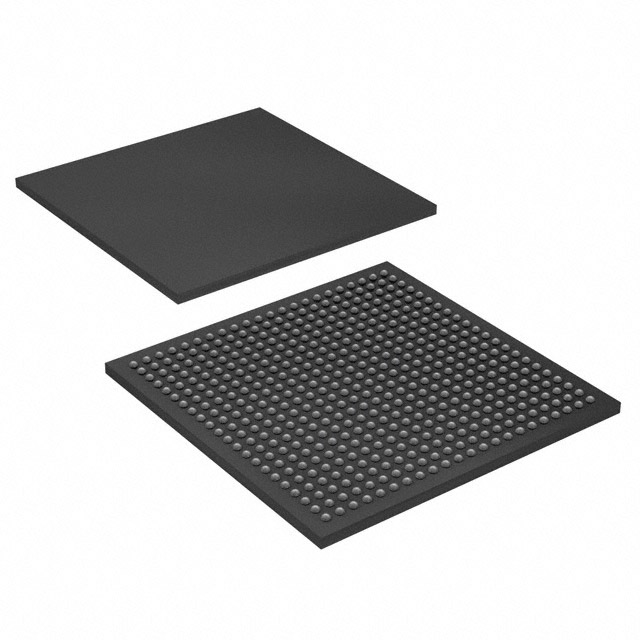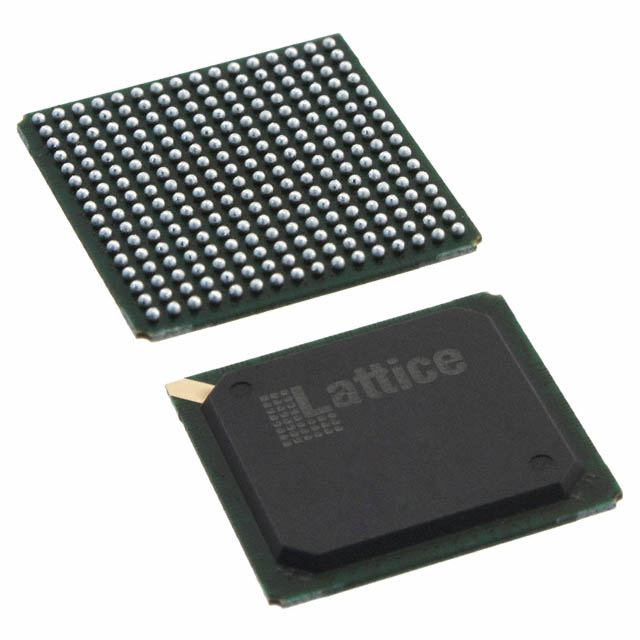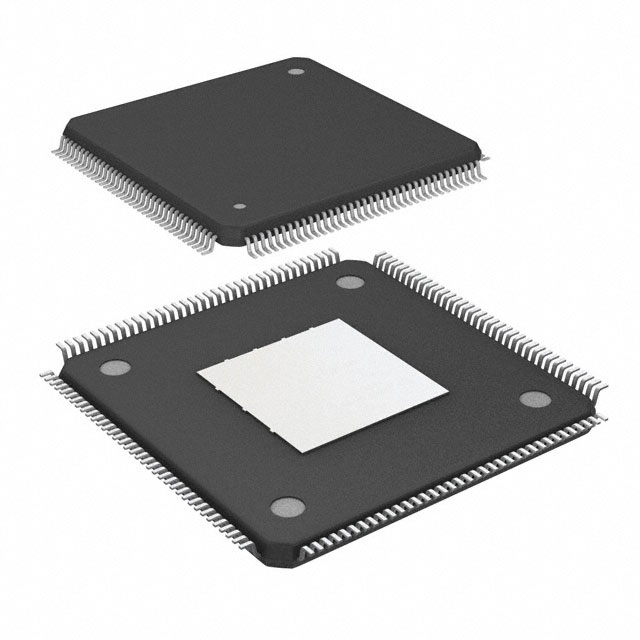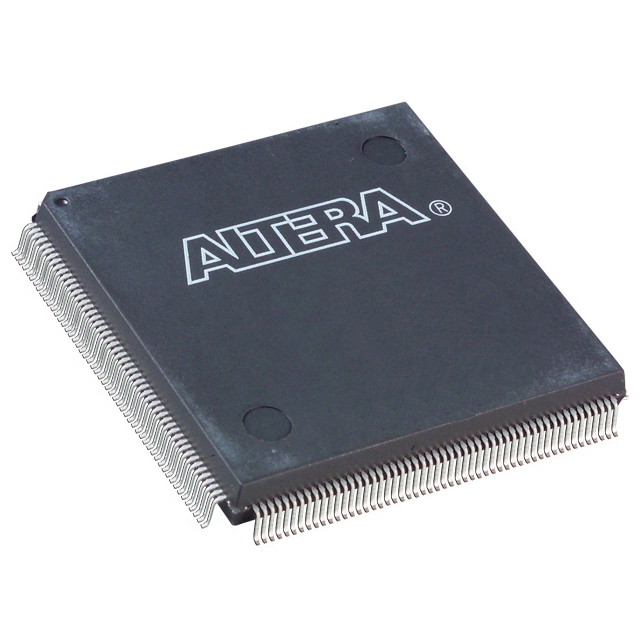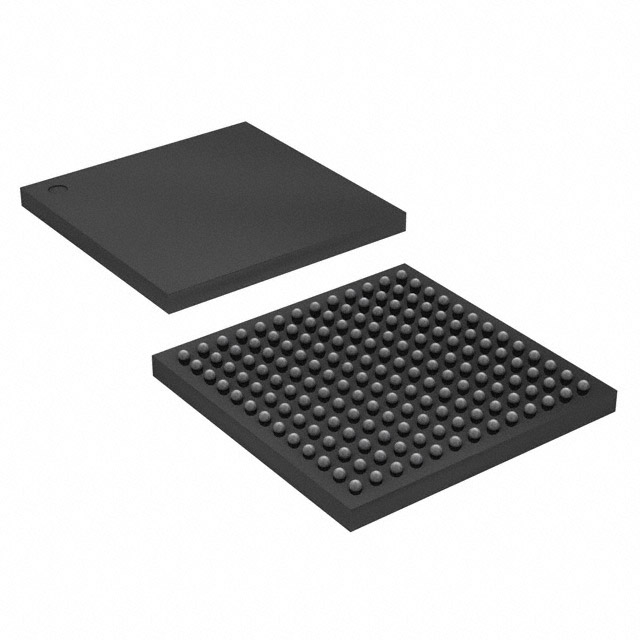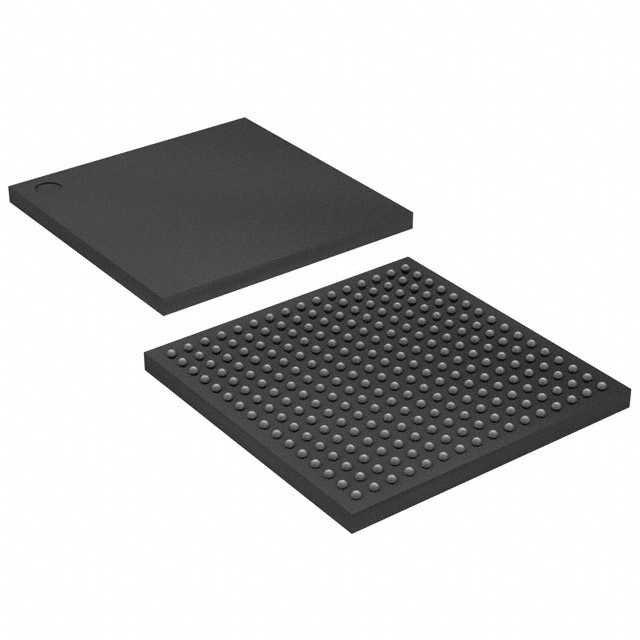In Stock : 0
Please send RFQ , we will respond immediately.









EP2C35F484C8 Specifications
-
TypeParameter
-
Supplier Device Package484-FBGA (23x23)
-
Package / Case484-BGA
-
Operating Temperature0°C ~ 85°C (TJ)
-
Mounting TypeSurface Mount
-
Voltage - Supply1.15V ~ 1.25V
-
Number of I/O322
-
Total RAM Bits483840
-
Number of Logic Elements/Cells33216
-
Number of LABs/CLBs2076
-
DigiKey ProgrammableNot Verified
-
PackagingTray
-
Product StatusActive
-
SeriesCyclone® II
The EP2C35F484C8 is an integrated circuit chip from the Cyclone II family of Field-Programmable Gate Arrays (FPGAs) developed by Altera (now Intel). Here are some advantages and application scenarios of this chip:Advantages: 1. High Performance: The EP2C35F484C8 chip offers high-speed performance with a maximum operating frequency of up to 300 MHz. It provides efficient logic utilization and supports complex digital designs. 2. Flexibility: Being an FPGA, it allows for reprogramming and reconfiguration of the chip's functionality even after deployment. This flexibility makes it suitable for prototyping, development, and low-volume production. 3. Integration: The chip integrates various components like logic elements, memory blocks, digital signal processing (DSP) blocks, and I/O interfaces on a single chip. This integration reduces the need for external components and simplifies the overall system design. 4. Low Power Consumption: The Cyclone II family of FPGAs is known for its low power consumption. The EP2C35F484C8 chip offers power-saving features like programmable power management and clock gating, making it suitable for power-constrained applications.Application Scenarios: 1. Digital Signal Processing (DSP): The EP2C35F484C8 chip's DSP blocks and high-speed performance make it suitable for applications like audio and video processing, image recognition, and wireless communication systems. 2. Embedded Systems: With its flexibility and integration capabilities, this chip can be used in embedded systems for various applications like industrial automation, robotics, automotive electronics, and medical devices. 3. Prototyping and Development: The EP2C35F484C8 chip is commonly used in prototyping and development of digital designs. Its reprogrammability allows designers to quickly iterate and test different functionalities before finalizing the design. 4. Communication Systems: The chip's I/O interfaces, such as Ethernet, USB, and UART, make it suitable for communication systems like network switches, routers, and data acquisition systems. 5. High-Performance Computing: The EP2C35F484C8 chip's high-speed performance and parallel processing capabilities can be utilized in applications like scientific computing, cryptography, and data processing.It's important to note that the specific advantages and application scenarios may vary depending on the requirements and design considerations of a particular project.






